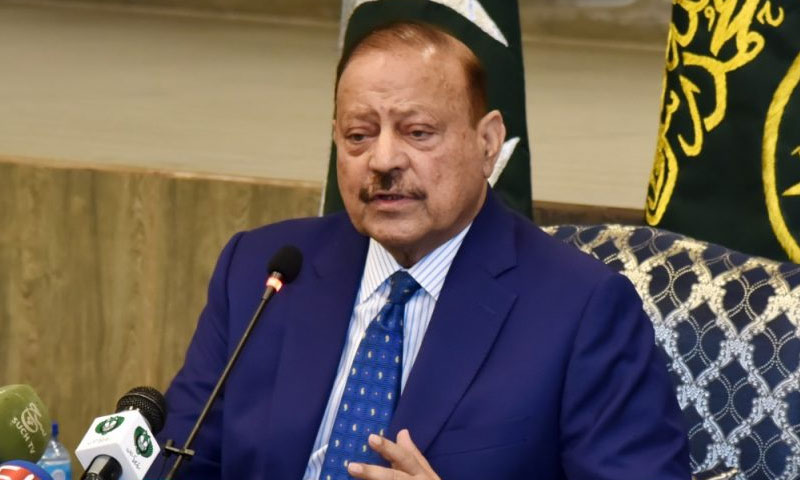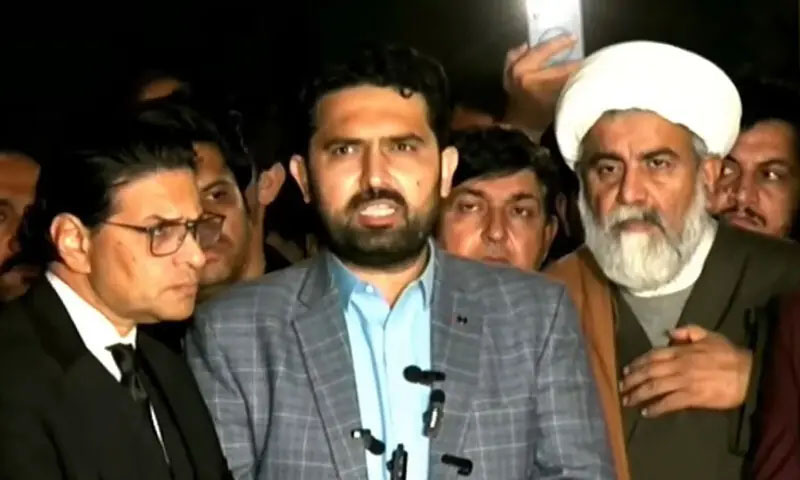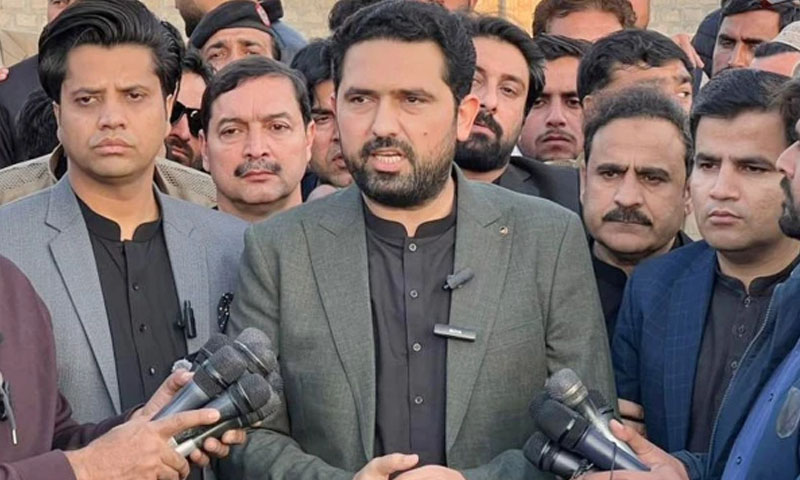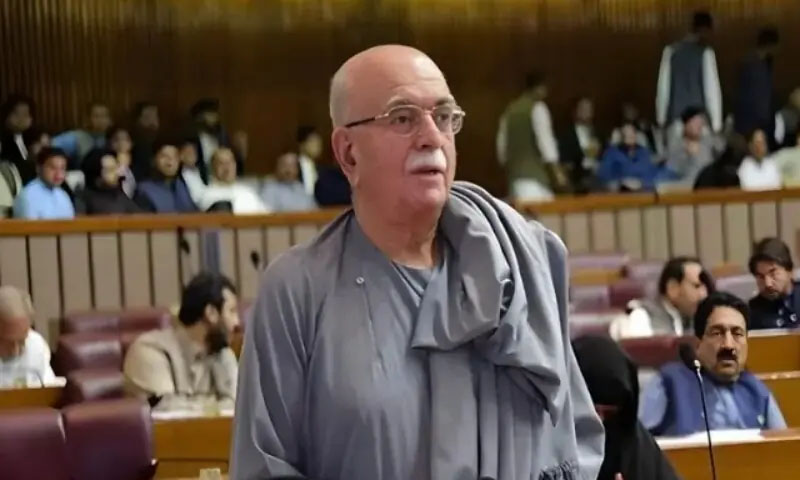- Web Desk
- Jan 31, 2026
‘Had PTI conducted intra-party polls, all issues could have been resolved’
-

- Web Desk
- Jun 04, 2024
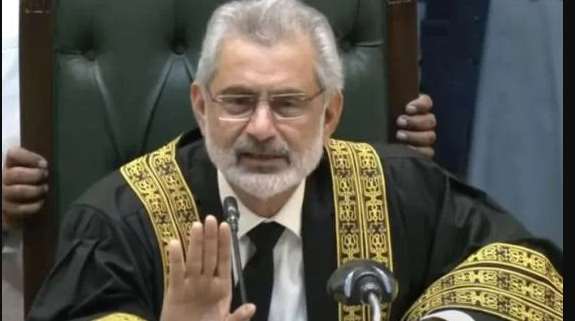
ISLAMABAD: Supreme Court, once again, took up the petition of Sunni Ittehad Council (SIC) against Peshawar High Court’s (PHC) decision to deny the party reserved seats.
During the live case proceedings, Chief Justice of Pakistan (CJP) Qazi Faez Isa said that if Pakistan Tehreek-e-Insaf (PTI) has held intra-party elections, all issues currently being debated could have been resolved.
Today’s Supreme Court hearing on ‘reserved seats case’ in a nutshell
A full court 13-member bench heard the petition, led by CJP Isa, and including Justice Syed Mansoor Ali Shah, Justice Munib Akhtar, Justice Yahya Afridi, Justice Muhammad Ali Mazhar, Justice Aminuddin Khan, Justice Jamal Khan Mandokhail, Justice Syed Hasan Azhar Rizvi, Justice Shahid Waheed, Justice Irfan Saadat Khan, Justice Naeem Akhtar Afghan, Justice Ayesha Malik, and Justice Athar Minallah. Justice Musarrat Hilali was absent due to health concerns.
The PTI had allied with the SIC for the February 8 elections after the Election Commission of Pakistan (ECP) revoked the PTI’s electoral symbol, a decision upheld by the Supreme Court. Despite this, the election commission did not allocate reserved seats to the SIC, citing the party’s failure to submit a candidate list.
After the PHC upheld the electoral body’s decision, SIC leader Sahibzada Hamid Raza, along with the Khyber Pakhtunkhwa Assembly Speaker Babar Saleem Swati, approached the Supreme Court to overturn the PHC verdict and secure 67 women and 11 minority seats in the national and provincial assemblies.
On May 6, a three-member Supreme Court bench, led by Justice Mansoor Ali Shah, temporarily suspended the PHC decision and referred the matter to a larger bench for constitutional interpretation.
In the current hearing, SIC’s lawyer Advocate Faisal Siddiqui argued that although the SIC did not contest the elections as a party, independent candidates did participate. He claimed that the SIC had submitted its candidate list, but the ECP rejected it, asserting the party had not contested the polls.
CJP Isa noted that SIC had identified itself as a parliamentary political party twice and as a political party once. Advocate Siddiqui argued that a political party could also be a parliamentary political party, referencing the Constitution’s distinction between the two.
CJP Isa responded that the Constitution differentiates between a parliamentary political party and a political party. Siddiqui replied that SIC was a political party before the February 8 elections and became a parliamentary political party after independent candidates joined. He emphasised that the Constitution only mentions “parliamentary party” in Article 63A.
Addressing the SIC lawyer’s point about the Supreme Court’s verdict on the bat symbol, CJP Isa stated that the reserved seats issue would not have arisen if PTI had conducted intra-party polls. He urged adherence to democratic principles, noting that elections would have benefited PTI members.
Reserved seats case: SC hears SIC’s plea challenging PHC’s judgment
Justice Akhtar pointed out that independent candidates had presented themselves as PTI affiliates, their nomination papers were accepted, and they won the polls. He stated that a candidate declaring themselves as part of a party would be considered affiliated with it, while true independent candidates must submit an affidavit confirming no party affiliation.
Questioning the ECP’s authority to classify PTI candidates as independents, Justice Akhtar noted that the controversy stemmed from a political party losing its electoral symbol. CJP Isa questioned why PTI did not challenge the court orders regarding the bat symbol and advised that independent candidates should have sought the bat symbol to clarify their status.
The court adjourned the hearing until June 24.

